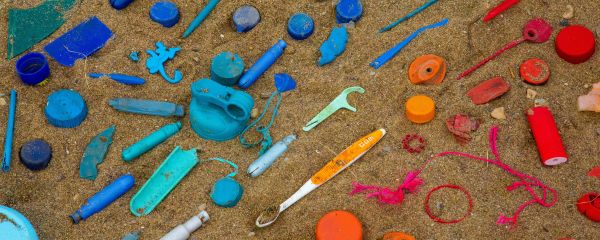
In-company programme: Circular Economy
The Netherlands in 2050: a circular economy
Climate and biodiversity are affected by global population growth and the ever-increasing consumption of raw materials. The government’s goal is to have a circular economy in the Netherlands by 2050, using enough raw materials. Besides using reusable products, there is also no waste in a circular economy. We have enough raw materials at our disposal that we can use again and again.
The transition to a circular economy
The transition to a circular economy is a complex one. The course and success of this transition are determined by several interconnected elements. In the in-company course on circular economy, we combine theoretical knowledge with practice for policymakers to guide and lead transition processes.
Participants learn to grasp the essence of innovation and transition, thereby learning to steer the innovation and transition process.
Structure of the meetings
Prior to the meetings, participants are asked to read literature provided by us. First, the meetings consist of a plenary interactive lecture on the theory and implications for policy. After this plenary part, participants break up into break-out sessions working on tailor-made exercises that help to master the theory.
Programme
Day | Topic | Teachers |
|---|---|---|
1 | System innovations and innovation systems | |
2 | Sustainability transitions and transition management | |
3 | The definition and history of circular economy | |
4 | Circular economy policies at global, national and regional levels | |
5 | The business and circular economy: Business models | |
6 | The business and circular economy: Circular design | |
7 | Circular economy scenarios |
Want to know more about Circular Economy?
By 2050, all companies must participate in a circular economy. Would you and your colleagues like to follow this programme and do you have specific issues you want to discuss in this program? We would be happy to discuss the possibilities with you, contact Simona Negro for more information.
